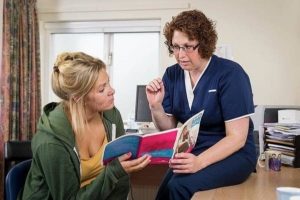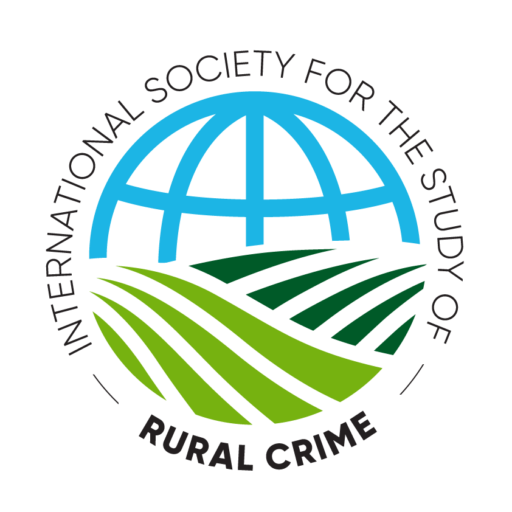Rural determinants of female prisoner reentry
This is the sixth and final post in a series of short topic snapshots, prepared by Joseph Loades, a research student with the Centre for Rural Criminology at the University of New England.
Female prisoners that are re-entering rural society after their period of incarceration face multiple problems. Other than the common issues that are encountered by males and females, such as lack of recovery services, public transport infrastructure, and access to internet (which can help with accessing employment and attending telehealth services), in rural and remote communities, females face many issues that are gender specific.
In an assessment of female prisoner reentry, Willging et al. (2016) state:
When compared to both rural men and urban residents, rural women face greater disparities associated with mental distress, substance use, and crime. They have less formal education, fewer employment options, and more poverty … These health and social inequities lead rural women released from prison to rely upon informal and insecure networks of family and friends to support them during and after their release. (para. 2).
 Not only do women’s experiences of reintegration effect their own wellbeing, many of those that are re-entering society have children, broadening the effect of incarceration onto their offspring. Mothers that have full custody of their children are faced with further disparities.
Not only do women’s experiences of reintegration effect their own wellbeing, many of those that are re-entering society have children, broadening the effect of incarceration onto their offspring. Mothers that have full custody of their children are faced with further disparities.
In a study by Beichner and Rabe-Hemp (2014) it was found that women that were ‘sole-parents’ to their children generally take up that role upon release, and women that were disconnected from their children throughout their incarceration faced relationship vulnerabilities – such as intimate partner violence, addiction, and unstable familial relationships in every aspect of their lives – upon reentry.
These relational vulnerabilities manifest themselves through past trauma – such as intimate partner violence and childhood sexual abuse – which is more common in rural and remote areas – and behavioural and health interventions are generally lacking compared to metropolitan areas.
However, Beichner and Rabe-Hemp (2014) found that those that were participants of ‘family programming’ whilst incarcerated – which included continued contact with their children whilst in prison – did not experience relational vulnerabilities due to estrangement upon release. The application of ‘family programming’ in prison shows a strong protective factor.
 Health and behavioural services are a valuable resource that address the issues faced by female prisoners upon reentry. But these services are far less common in rural and remote Australia, compared to metropolitan areas. Staton et al. (2019) explain the possible protective factors that influence successful female transition from prison to rural communities. The study found that drug use abstinence, health care utilization, and pro-social peers were the strongest protective factors.
Health and behavioural services are a valuable resource that address the issues faced by female prisoners upon reentry. But these services are far less common in rural and remote Australia, compared to metropolitan areas. Staton et al. (2019) explain the possible protective factors that influence successful female transition from prison to rural communities. The study found that drug use abstinence, health care utilization, and pro-social peers were the strongest protective factors.
Interestingly, the application of substance-use treatments did not play a major role in abstinence, and health care utilization was more beneficial. It was found that women that had a regular source of health care were 62% more likely to stay out of custody. The final protective factor, pro-social peers, can serve as a barrier against future offending and drug use. The study explained that an assessment of social support and social networks is useful in addressing the issue of anti-social peer association upon reentry.
(Images sourced from pixels.com).
References
Beichner, D. & Rabe-Hemp, C. (2014). “I don’t want to go back to that town:” Incarcerated mothers and their return home to rural communities. Critical Criminology, 22(4), 527-543. https://link.springer.com/article/10.1007/s10612-014-9253-4
Staton, M., Dickson, M. F., Tillson, M., Webster, J. M. & Leukefeld, C. (2019). Staying out: Reentry protective factors among rural women offenders. Women & criminal justice, 29(6), 368-384. https://www.tandfonline.com/doi/abs/10.1080/08974454.2019.1613284
Willging, C. E., Nicdao, E. G., Trott, E. M. & Kellett, N. C. (2016). Structural inequality and social support for women prisoners released to rural communities. Women & Criminal Justice, 26(2), 145-164. https://www.ncbi.nlm.nih.gov/pmc/articles/PMC4889023/

